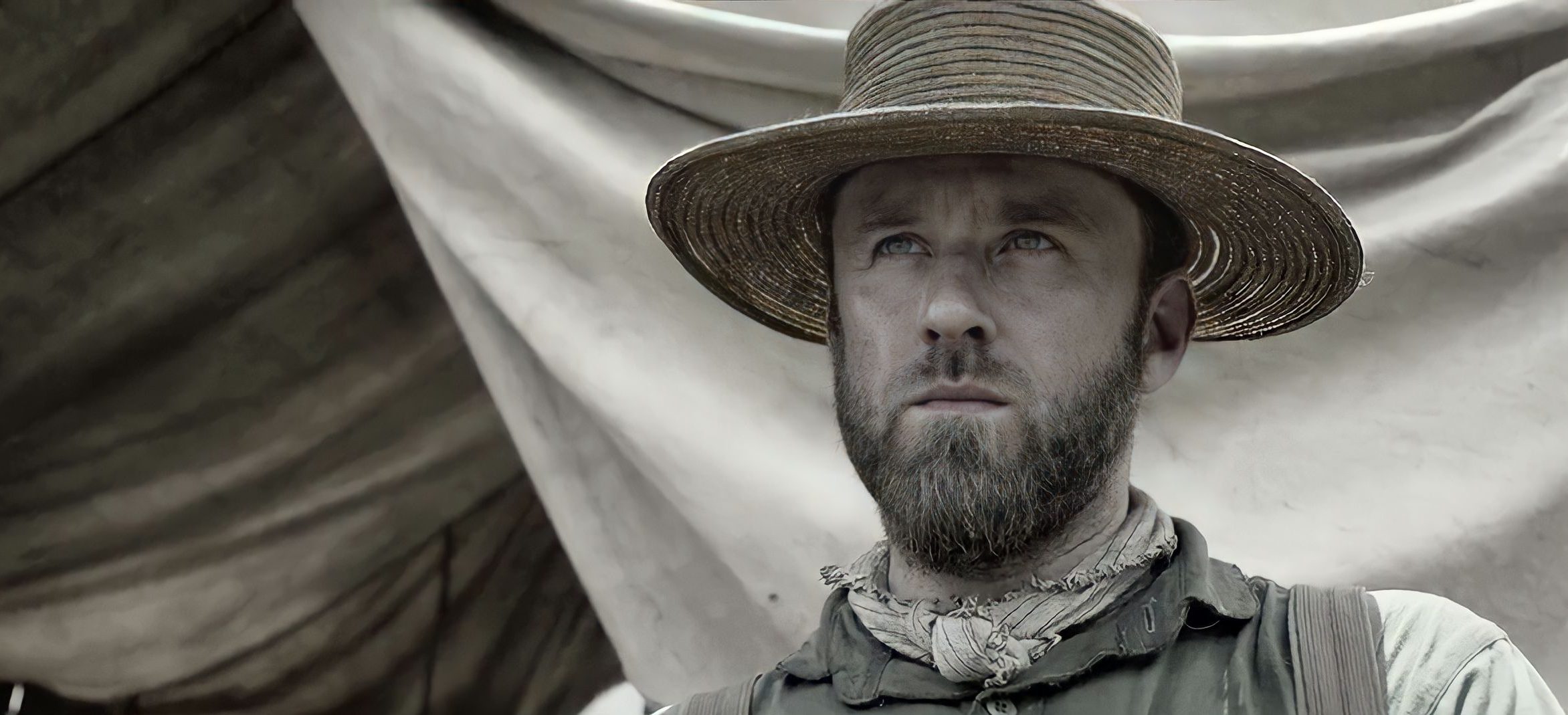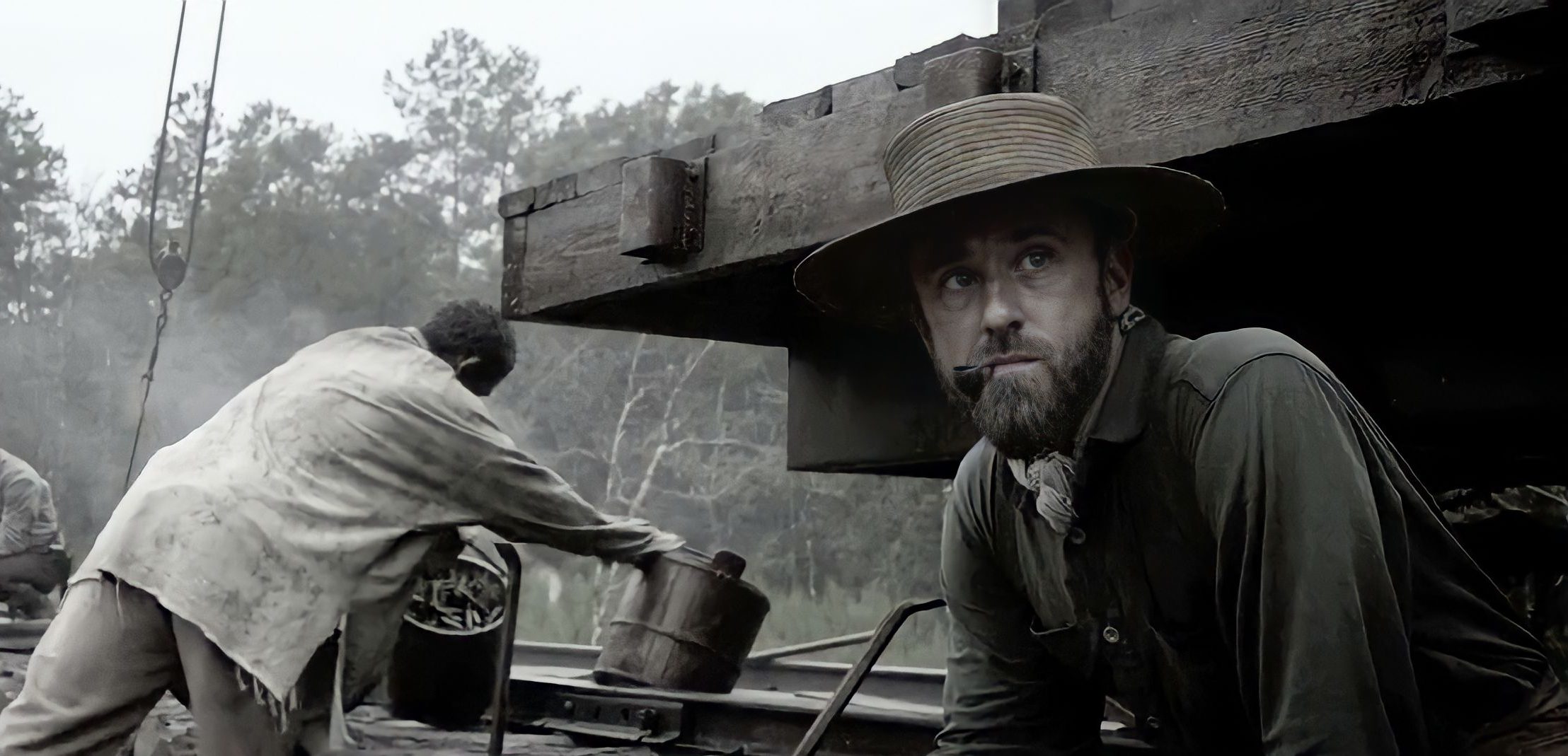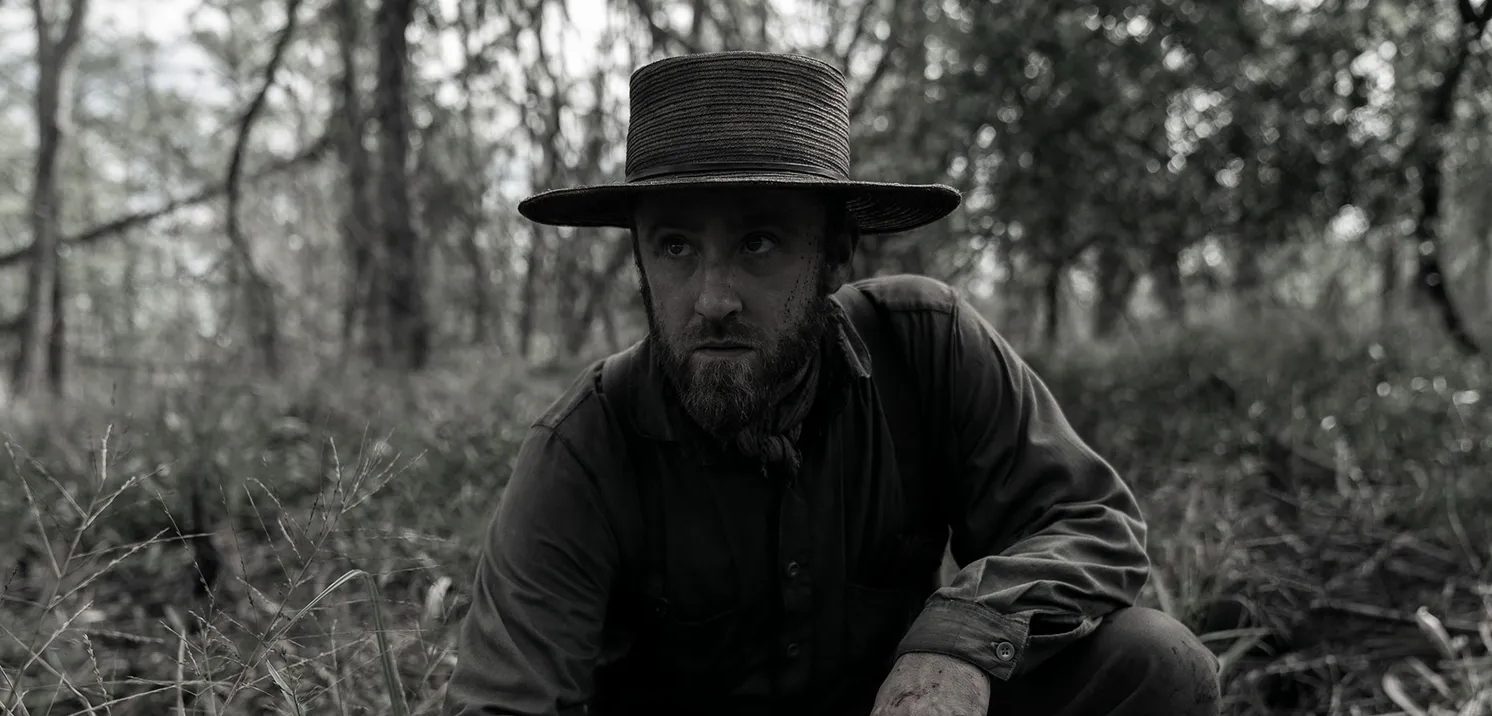Apple TV+’s historical film ‘Emancipation’ depicts the heart-rending tale of Peter, a slave who gets forced to work in a Confederate slave camp during the Civil War. Peter befriends several other slaves at the camp, which is overseen by Jim Fassel, an infamous slave hunter. When Peter knows about President Abraham Lincoln’s abolition of slavery, Peter joins hands with several other slaves and the group runs away to the Union Army camp in Baton Rouge. As Fassel sets out to find the “runners,” we have found out whether the slave hunter has a real-life counterpart. Well, here’s everything you need to know about the same!
Jim Fassel: Fictional Character Representing Real Slave Hunters
‘Emancipation’ is based on the true story of a slave named Peter, formerly known as Gordon. In reality, although Peter ran away to the Union Army Camp in Baton Rouge, it wasn’t from a Confederate slave camp but from the plantation where he worked as a slave, which belonged to John and Bridget Lyons. Even though several slave hunters and bloodhounds did try to hunt him down after his escape, there are no reports that state a slave hunter associated with the Confederate Army was among them. Thus, Jim Fassel is seemingly a fictional character. Having said that, the character represents several slave hunters Peter has had to deal with in his lifetime.

Artayou Carrier can be one of the inspirations behind Jim Fassel. Like Fassel is the overseer at the Confederate slave camp, Carrier was the overseer at John and Bridget Lyons’ plantation where Peter worked as a slave. Carrier, like Fassel, has reportedly tortured Peter before the latter set out to join the Union Army. “Overseer Artayou Carrier whipped me – I don’t remember the whipping. I was two months in bed, sore from the whipping and salt brine, which Overseer put on my back. By and by my senses began to come – they said I was sort of crazy, and tried to shoot everybody,” Peter told the Union troops, as per New York Daily Tribune.
Since ‘Emancipation’ tries to depict the hardships Black people faced as slaves before and during the Civil War, it is possible that the character of Fassel was conceived as a representative of the slave hunters/slave catchers who had a prevalent presence at the time. In the nineteenth century, Southern plantation owners recruited several slave catchers to track down and return the runaway slaves. Even when Northerners stood against the notion of fugitive slave catchers, several existed in the Southern United States and Fassel can be considered a representative of the same.

Through Fassel’s backstory, Antoine Fuqua also explores the roots of racism. As a child, Fassel used to spend time with his Black housekeeper and even wanted her to eat with him. When Fassel expressed the same to his father, the latter told the child that the Black people would seize the lands of the Whites if they are seen as equals. The condemnable prejudice sowed the seeds of racism and separation in Fassel, which eventually grew to transform him into a slave hunter. Like Fassel, there were and are several real-life individuals who had become racists due to prejudices and lies.
Thus, Jim Fassel can be seen as a combination of several real-life individuals, representing an enormous section of slave hunters and racists who lived in the nineteenth century. Through Fassel, Antoine Fuqua succeeds in depicting the threats Black people confronted while fighting for their freedom.
Read More: Is Captain Andre Cailloux Based on a Real Union Army Soldier?


You must be logged in to post a comment.